Between Chicago and South Korea sits 7,000 miles of adventure, possibility, and potential.
Without knowing anything about U.S. culture, Marina first moved to Colorado to attend university. It was 1999. By 2001, she was heading back from her hometown in South Korea with a new husband in tow.
Soon after marriage, Marina found herself living in a small Chicago apartment with her husband and sister-in-law. In the span of 8 ½ years of marriage, Marina recalls being abused by her husband seven times. As is the case with many survivors of domestic violence, that abuse not only took the form of physical terror, but also emotional and psychological. Unique to immigrant women who are survivors of domestic violence, her partner often threatened to report her to the police and immigration authorities, preying on her undocumented status, while also taking away her passport and other important documents. The classic patterns of abuse included isolating her from her family and friends. “I was treated like an orphan, no relatives, no one to ask for help,” she shares. He also went so far to stop Marina from attending school. The closest family she had was her sister-in-law who would often ask, “What did you do to make him upset?” And though Marina worked, her husband would always take away the check she earned.
I'm getting more brave. I even used to be ashamed to go to a restaurant alone with two kids. #AllInWithCFW Click To TweetBeyond fear, shame kept Marina from seeking help. To divorce her husband felt like she had failed at married life. She never saw her parents fight and did not think marriage was “that hard.” And coming to the United States, the expectation of her, among family, friends, and church members back home, was for her to be successful. “I didn’t want to show that I tried to survive here and failed.”
Driving through the city one day, Marina heard a KAN-WIN (Korean American Women In Need) public service announcement on the radio. Shortly thereafter, her husband pushed her against the fridge and choked her in front of their two small children. Six months later, he did it again. For emotional support, she called her mother in South Korea, who eventually came to stay with them in Chicago. Marina called KAN-WIN and got in touch with Jeong Lee. Once they were able to, Marina met Lee at a nearby Burger King with her mother, 5 ½ year old son and 8 month old baby, ready to seek shelter.
Lee, who began her second career at KAN-WIN, shares that “a suitcase is a luxury item for these women. They have nothing. They just grab a plastic bag and throw everything they see in it.”
At the time, most shelters had a 90-day wait period, and to place one woman was hard enough, but Lee was tasked with placing four people. Fellow Chicago Foundation for Women grantee, WINGS, the largest domestic violence housing agency in Illinois, answered the call. From there, Lee and KAN-WIN were able to work with Marina to begin the healing process.
With the ongoing support of Chicago Foundation for Women, KAN-WIN offers a host of services that support and empower survivors at every stage of their journey, including:
- A 24-hour crisis hotline, which receives over 350 calls a year;
- A transitional housing program that assists survivors with securing affordable rental housing in the community of their choice and providing rental subsidy and utilities support for up to 2 years;
- Legal advocacy, such as accompanying and advocating for clients during legal proceedings; and helping clients secure emergency orders of protection;
- Case management, which includes one on one counseling and an 8-week financial management and self-improvement workshop program;
- Support groups for survivors so that women can learn, grow, and build together from their shared experiences and challenges;
- And a children’s program that provides a culturally sensitive and safe space for children to address their experiences of violence and cope with negative feelings in a healthy way.
The ultimate goal is to empower survivors to live a life free from violence and work toward long-term self-sufficiency. And the support and inspiration is reciprocal between staff and survivors. Lee, who has worked at KAN-WIN for 8 years, says, “It is their spirit of determination that keeps me going. I learn from them to never give up. Their determination is so strong.”
Marina now works full-time and goes to school, often falling asleep at the dinner table, studying. “I have to stand up and overcome. There are no other options. This is the only way to survive.”

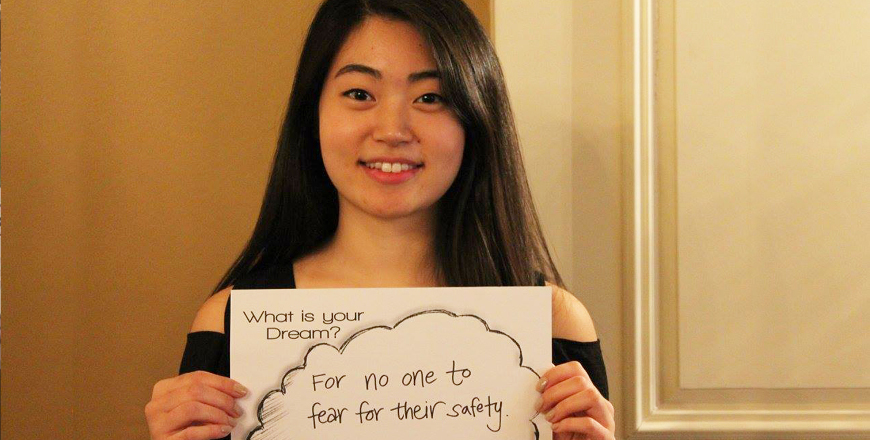
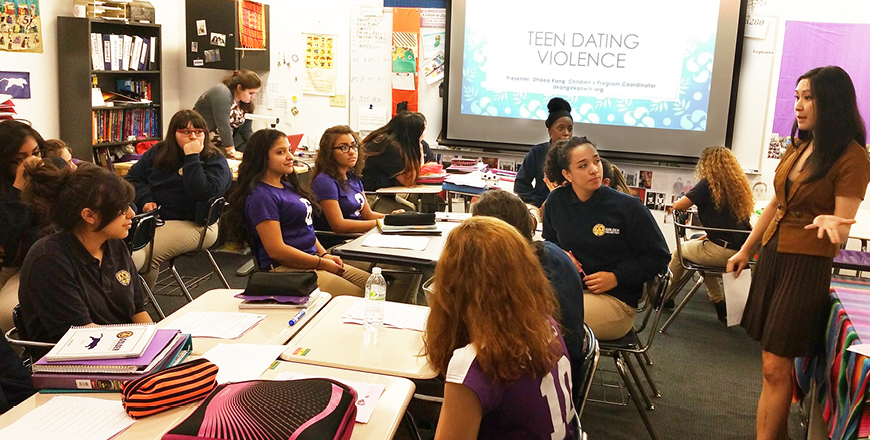
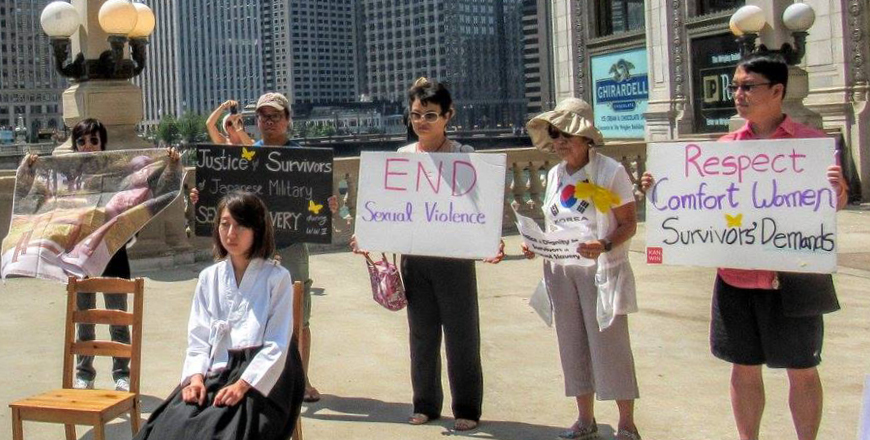
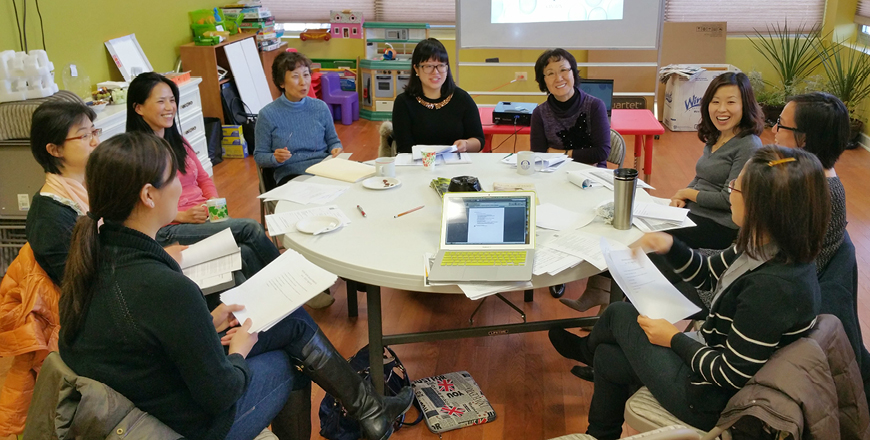
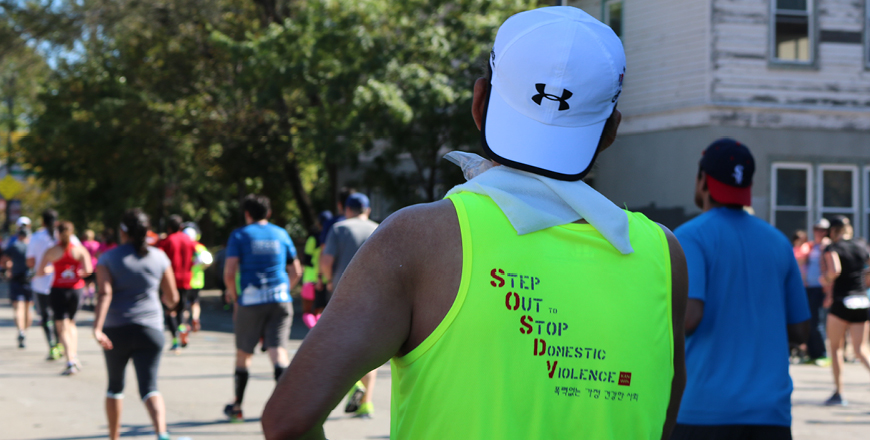
Recent Comments